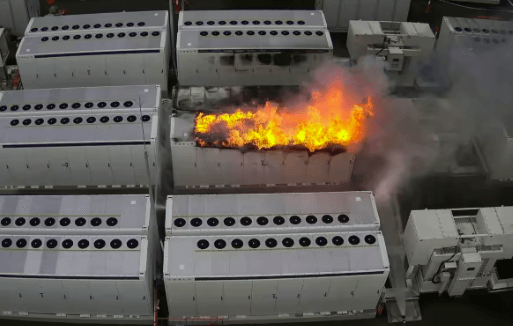
Can ev battery explode? if so what causes ev batteries to explode?
EV batteries, like any other form of battery, have the potential to explode or catch fire. However, the possibility of this occurring is limited, and contemporary EV batteries have several safety systems built in to prevent it from happening.
So the answer to can ev battery explode? Is a YES.
Overheating, which can be caused by causes like as overcharging, physical damage, or a manufacturing error, is the leading cause of an EV battery catching fire or exploding.
To avoid overheating, EV batteries are outfitted with temperature sensors and cooling systems that monitor and manage the battery’s temperature. They also contain safety devices like thermal fuses and pressure valves to relieve pressure and keep the battery from overheating.
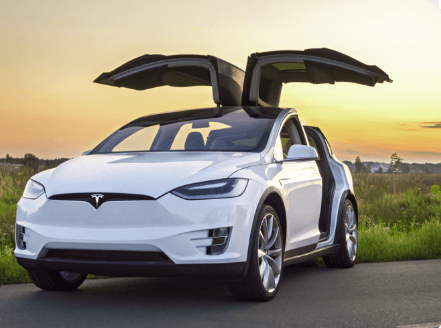
Furthermore, current EV batteries have many layers of protection, including the separator, which is a barrier between the anode and cathode that prevents direct contact between the electrodes and the production of dendrites, which can breach the separator and create a short-circuit.
It’s also worth mentioning that the chance of a battery fire or explosion increases with age or damage, so it’s critical to maintain and properly care for your EV battery to ensure its safety.
This includes adhering to the manufacturer’s charging and storage instructions, performing regular checks, and preventing physical damage to the battery.In conclusion, while the probability of an EV battery catching fire or exploding is minimal, it exists.
Modern EV batteries, on the other hand, have several safety systems built in to avoid overheating and other possible problems, and good maintenance may assist maintain the vehicle’s safety.
How long do electric vehicle batteries last?
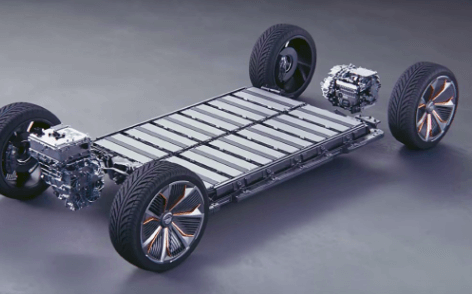
The lifespan of an electric vehicle (EV) battery can vary based on numerous factors, including the kind of battery, vehicle usage, and battery maintenance.
Most EV manufacturers include a battery guarantee, which normally spans between 8 and 10 years or a specified amount of kilometers, whichever comes first. The guarantee covers any flaws in the battery that may develop during the warranty term, and the manufacturer will replace or repair the battery as needed.
In terms of actual battery longevity, most EV batteries are designed to last 10 to 15 years or more, depending on usage and maintenance. The capacity of the battery may decrease with time, affecting the vehicle’s range and performance, however the pace of deterioration varies based on usage, temperature, and other factors.
It’s worth mentioning that good usage may improve the lifespan of an EV battery, such as charging the battery to the recommended level, avoiding high temperatures, and reducing the frequency of complete charge and discharge cycles.
Furthermore, new EV models are being produced with improved battery technology that provides a longer lifespan, and battery costs continue to fall, making it more economical to own an EV.
In conclusion, the lifespan of an EV battery might vary based on a variety of circumstances, but most manufacturers provide a battery guarantee that normally runs between 8 and 10 years or a set amount of kilometers. The battery’s real lifespan may be greater, although it is impacted by usage.
In terms of actual battery longevity, most EV batteries are designed to last 10 to 15 years or more, depending on usage and maintenance. The capacity of the battery may diminish over time.
Which EV has the most range?
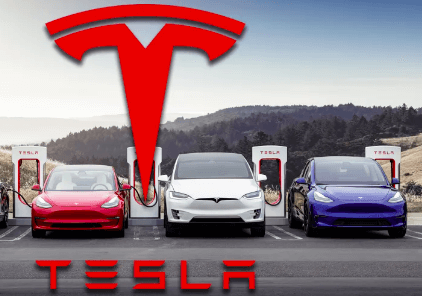
According to the U.S. Environmental Protection Agency (EPA) test cycle, the Tesla Model S Long Range Plus has the greatest range of any electric vehicle (EV) as of 2022, with a range of up to 373 miles on a single charge. The Tesla Model S Long Range Plus is a luxury sedan with a 100 kWh battery pack, which is one of the largest on the market. Tesla is well-known for its excellent battery technology, which allows its vehicles to travel farther than most others.
Other electric vehicles with larger ranges include the Tesla Model X Long Range Plus (371 miles) and the Lucid Air (406 miles) on a single charge.
It is important to note that the range of an EV can vary depending on a number of factors, including temperature, terrain, and how the vehicle is driven, and that test results performed by manufacturers and the EPA may not reflect the real-world range, particularly if the vehicle is driven in extreme weather conditions or heavy traffic.
It is worth noting that new EV models are being produced with improved battery technology, which will give a greater range, and that the cost of batteries is continuing to fall, making it easier to afford them.
How much does a Tesla battery cost?
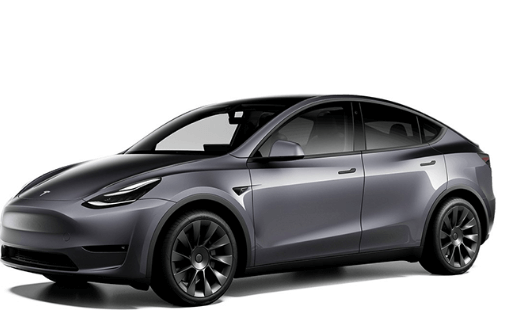
Tesla provides many battery options for its vehicles as of 2021, with costs varying greatly. A replacement battery for a Tesla Type S or Model X car, for example, can cost between $12,000 and $18,000, depending on the year and model of the vehicle. A new battery for the Tesla Model 3 and Model Y can cost between $7,000 and $12,000.
It’s also worth noting that these rates are for replacement batteries, not new automobiles.
It’s also worth mentioning that Tesla provides a Battery and Drive Unit Limited Warranty for all new vehicles, which covers the battery and drive unit for a set amount of time or a set number of miles, whichever comes first. This warranty covers any problems in the battery and drive unit that may arise during the warranty term, and Tesla will replace or repair the battery and drive unit as needed.
How much does a Tesla add to your electric bill?
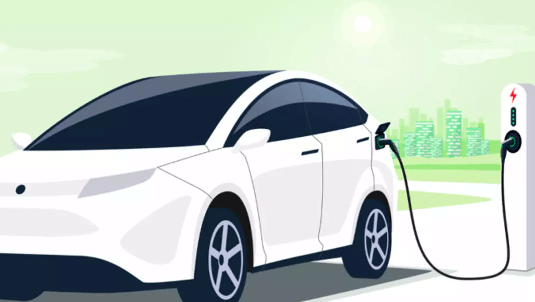
The cost of charging a Tesla electric vehicle (EV) depends on several factors, including the cost of power in your location, the size of your battery, and your driving patterns.
Depending on your local energy rates and the size of your battery, the cost of charging a Tesla can range from a few cents to several dollars every charge.
For example, if you charge your Tesla at home using a conventional 120-volt outlet, the power can cost approximately $0.13 per kilowatt-hour (kWh), thus a full charge for a Tesla Model S with a battery capacity of 100 kWh would cost roughly $13.
However, if you charge your Tesla at a Tesla Supercharger, which is a Tesla-owned fast-charging station, the cost might vary based on location, but it’s normally approximately $0.28 per kWh, therefore a full charge for a Tesla Model S would cost roughly $28.
It’s important to note that the cost of power varies based on your location, time of day, and energy supplier, so you may need to contact your local utility company for the most up-to-date information.
Furthermore, the cost of charging a Tesla may be influenced by other factors like as temperature and driving style, and it’s worth mentioning that the cost of charging a Tesla is typically less than the cost of fuel.
It’s also worth mentioning that several states in the United States, as well as other nations, provide incentives for EV owners, such as cheaper power rates for EV charging or subsidies for purchasing and installing home charging stations, which can help to minimize the cost of charging a Tesla.
To summarize, the cost of charging a Tesla depends on a variety of factors, including the cost of power in your location, the size of your battery, and your driving patterns.
Related posts
- Advantages and Disadvantages of ev. What are the types of EVs?
- Aptera Unveils a $25,900, 1,000-Mile Electric Vehicle and Opens Pre-Orders.
- Aptera Electric Car Specifications, What is the Aptera EV’s top speed?
- Aptera online Reservation. How to reserve your Aptera EV. How much to reserve an Aptera EV?
Does Tesla provide free battery replacement?
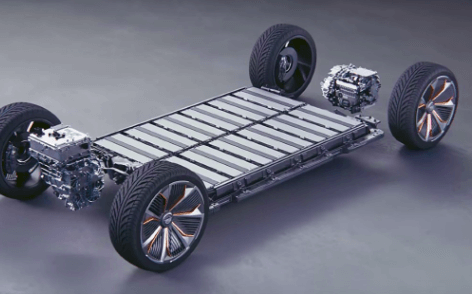
For all new vehicles, Tesla provides a Battery and Drive Unit Limited Warranty, which covers the battery and drive unit for a set amount of time or a set number of miles, whichever comes first. This warranty covers any problems in the battery and drive unit that may arise during the warranty term, and Tesla will replace or repair the battery and drive unit as needed.
The battery and drive unit guarantee, in general, covers the battery for 8 years or 150,000 miles (240,000 km) for Long Range batteries and 8 years or 120,000 miles (193,000 km) for Standard Range batteries.
However, if the battery degradation is caused by circumstances other than a manufacturing fault, such as incorrect charging, excessive temperatures, or repeated usage of the vehicle in conditions that are not consistent with normal use, the warranty may not cover battery replacement.
Furthermore, Tesla provides a battery degradation warranty, which ensures that the battery capacity will not go below a set percentage throughout the warranty time.
It is essential to note that the cost of a replacement battery can be high, and the warranty may not cover the whole cost of the repair; thus, it is critical to understand the terms and conditions of the warranty and to contact Tesla if you have any concerns about your battery.
In conclusion, Tesla provides a lithium ion Battery and Drive Unit Limited Warranty for all new vehicles, which covers the battery and drive unit for a set amount of time or a set number of miles, whichever comes first.
This warranty covers any faults in the battery and drive unit that may develop during this period, and Tesla will replace or repair the battery and drive unit if required; however, it does not cover battery replacement if the deterioration is caused by sources other than a manufacturing defect.
what is tesla battery made off?
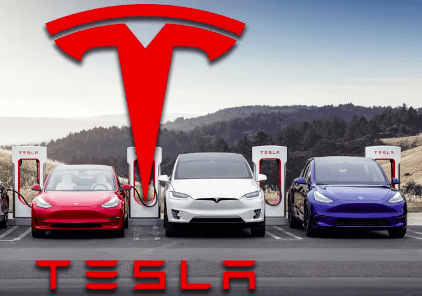
Tesla batteries are lithium-ion batteries. Specifically, Tesla uses nickel-cobalt-aluminum (NCA) cathodes in their battery cells. This type of lithium-ion battery is known for its high energy density and long cycle life, which makes it well-suited for use in electric vehicles and other high-performance applications.
The cells are also encased in a cylindrical shape, and these cylindrical cells are grouped together in packs to produce the necessary voltage and capacity for the vehicle. In addition to the NCA cathode, Tesla uses lithium iron phosphate (LFP) cathodes in some of its batteries, which are known for their high thermal stability and long cycle life.
Tesla also utilizes its own proprietary cooling systems and battery management systems to optimize the performance and safety of its batteries.






